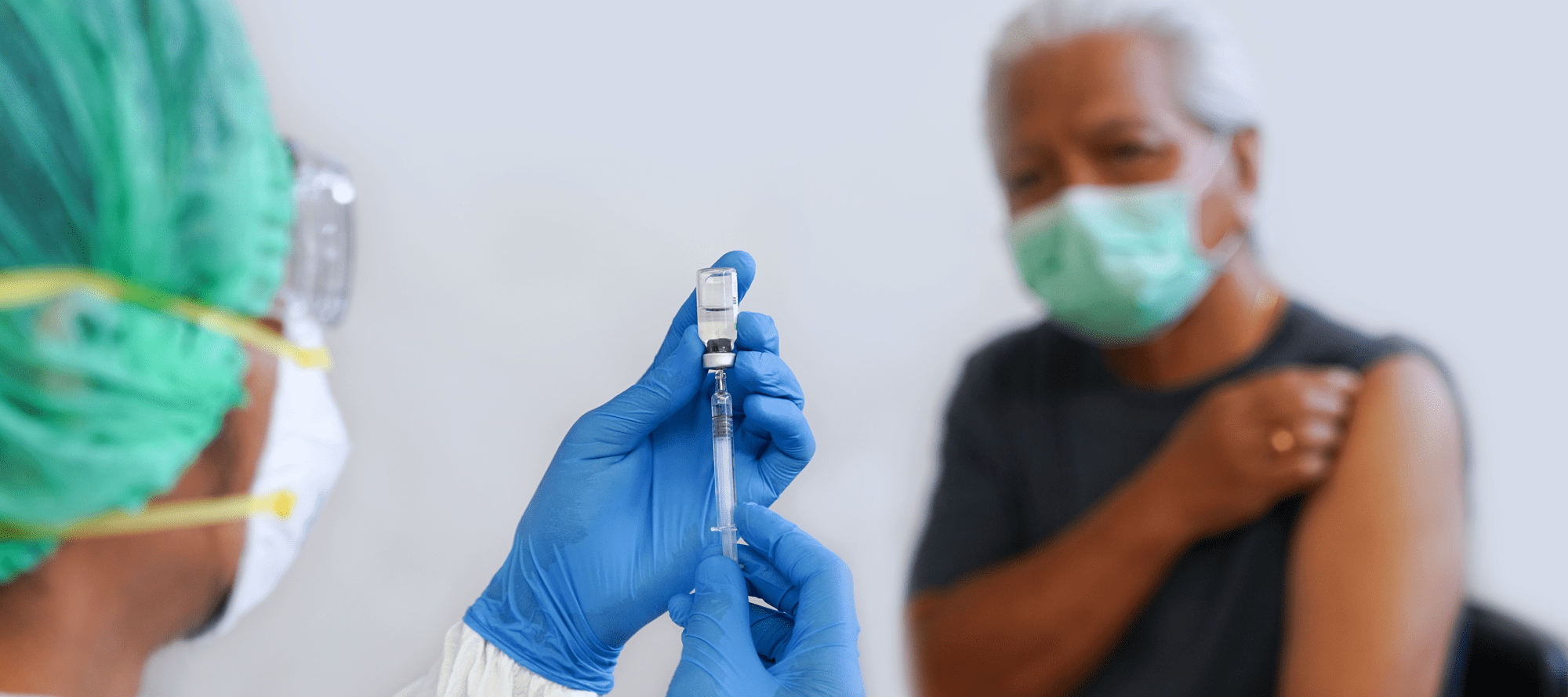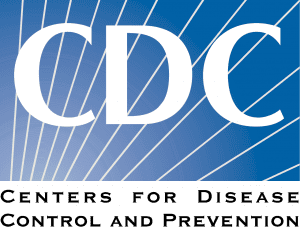- AZD1222 vaccine met primary efficacy endpoint in preventing COVID-19
Positive high-level results from an interim analysis of clinical trials of AZD1222 in the UK and Brazil showed the vaccine was highly effective in preventing COVID-19, the primary endpoint, and no hospitalizations or severe cases of the disease were reported in participants receiving the vaccine. There were a total of 131 COVID-19 cases in the interim analysis. One dosing regimen (n=2,741) showed vaccine efficacy of 90% when AZD1222 was given as a half dose, followed by a full dose at least one month apart, and another dosing regimen (n=8,895) showed 62% efficacy when given as two full doses at least one month apart. The combined analysis from both dosing regimens (n=11,636) resulted in an average efficacy of 70%. All results were statistically significant (p<=0.0001). More data will continue to accumulate, and additional analysis will be conducted, refining the efficacy reading and establishing the duration of protection. An independent Data Safety Monitoring Board determined that the analysis met its primary endpoint showing protection from COVID-19 occurring 14 days or more after receiving two doses of the vaccine. No serious safety events related to the vaccine have been confirmed. AZD1222 was well tolerated across both dosing regimens. - Repurposed antiviral drugs for COVID-19 –interim WHO SOLIDARITY trial results
Study drugs were Remdesivir, Hydroxychloroquine, Lopinavir (fixed-dose combination with Ritonavir), and Interferon-β1a (mainly subcutaneous; initially with Lopinavir, later not). COVID-19 inpatients were randomized equally between whichever study drugs were locally available and open control (up to 5 options: 4 active and local standard-of-care). The intent-to-treat primary analyses are of in-hospital mortality in the 4 pairwise comparisons of each study drug vs its controls (concurrently allocated the same management without that drug, despite availability). Kaplan-Meier 28-day risks are unstratified; log-rank death rate ratios (RRs) are stratified for age and ventilation at entry. In 405 hospitals in 30 countries, 11,266 adults were randomized, with 2750 allocated Remdesivir, 954 Hydroxychloroquine, 1411 Lopinavir, 651 Interferon plus Lopinavir, 1412 only Interferon, and 4088 no study drug. C1253 deaths were reported (at median day 8, IQR 4-14). Kaplan-Meier 28-day mortality was 12% (39% if already ventilated at randomization, 10% otherwise). Death rate ratios (with 95% CIs and numbers dead/randomized, each drug vs its control) were: Remdesivir RR=0.95 (0.81-1.11, p=0.50; 301/2743 active vs 303/2708 control), Hydroxychloroquine RR=1.19 (0.89-1.59, p=0.23; 104/947 vs 84/906), Lopinavir RR=1.00 (0.79-1.25, p=0.97; 148/1399 vs 146/1372) and Interferon RR=1.16 (0.96-1.39, p=0.11; 243/2050 vs 216/2050). No study drug definitely reduced mortality (in unventilated patients or any other subgroup of entry characteristics), initiation of ventilation, or hospitalization duration. These Remdesivir, Hydroxychloroquine, Lopinavir, and Interferon regimens appeared to have little or no effect on hospitalized COVID-19, as indicated by overall mortality, initiation of ventilation, and duration of hospital stay. The mortality findings contain most of the randomized evidence on Remdesivir and Interferon, and are consistent with meta-analyses of mortality in all major trials. - Coronavirus (COVID-19) Update: FDA Authorizes Drug Combination for Treatment of COVID-19
The U.S. Food and Drug Administration issued an emergency use authorization (EUA) for the drug baricitinib, in combination with remdesivir, for the treatment of suspected or laboratory confirmed COVID-19 in hospitalized adults and pediatric patients two years of age or older requiring supplemental oxygen, invasive mechanical ventilation, or extracorporeal membrane oxygenation (ECMO). In a clinical trial of hospitalized patients with COVID-19, baricitinib, in combination with remdesivir, was shown to reduce time to recovery within 29 days after initiating treatment compared to patients who received a placebo with remdesivir. The safety and effectiveness of this investigational therapy for use in the treatment of COVID-19 continues to be evaluated. Baricitinib is not authorized or approved as a stand-alone treatment for COVID-19. - Coronavirus (COVID-19) Update: FDA Authorizes Monoclonal Antibodies for Treatment of COVID-19
The U.S. Food and Drug Administration issued an emergency use authorization (EUA) for casirivimab and imdevimab to be administered together for the treatment of mild to moderate COVID-19 in adults and pediatric patients (12 years of age or older weighing at least 40 kilograms [about 88 pounds]) with positive results of direct SARS-CoV-2 viral testing and who are at high risk for progressing to severe COVID-19. This includes those who are 65 years of age or older or who have certain chronic medical conditions. In a clinical trial of patients with COVID-19, casirivimab and imdevimab, administered together, were shown to reduce COVID-19-related hospitalization or emergency room visits in patients at high risk for disease progression within 28 days after treatment when compared to placebo. The safety and effectiveness of this investigational therapy for use in the treatment of COVID-19 continues to be evaluated. Casirivimab and imdevimab must be administered together by intravenous (IV) infusion. Casirivimab and imdevimab are not authorized for patients who are hospitalized due to COVID-19 or require oxygen therapy due to COVID-19. A benefit of casirivimab and imdevimab treatment has not been shown in patients hospitalized due to COVID-19. Monoclonal antibodies, such as casirivimab and imdevimab, may be associated with worse clinical outcomes when administered to hospitalized patients with COVID-19 requiring high flow oxygen or mechanical ventilation. - A Randomized Trial of Convalescent Plasma in Covid-19 Severe Pneumonia
Authors randomly assigned hospitalized adult patients with severe Covid-19 pneumonia in a 2:1 ratio to receive convalescent plasma or placebo. The primary outcome was the patient’s clinical status 30 days after the intervention, as measured on a six-point ordinal scale ranging from total recovery to death. A total of 228 patients were assigned to receive convalescent plasma and 105 to receive placebo. The median time from the onset of symptoms to enrollment in the trial was 8 days (interquartile range, 5 to 10), and hypoxemia was the most frequent severity criterion for enrollment. The infused convalescent plasma had a median titer of 1:3200 of total SARS-CoV-2 antibodies (interquartile range, 1:800 to 1:3200]. No patients were lost to follow-up. At day 30 day, no significant difference was noted between the convalescent plasma group and the placebo group in the distribution of clinical outcomes according to the ordinal scale (odds ratio, 0.83 (95% confidence interval [CI], 0.52 to 1.35; P=0.46). Overall mortality was 10.96% in the convalescent plasma group and 11.43% in the placebo group, for a risk difference of −0.46 percentage points (95% CI, −7.8 to 6.8). Total SARS-CoV-2 antibody titers tended to be higher in the convalescent plasma group at day 2 after the intervention. Adverse events and serious adverse events were similar in the two groups. No significant differences were observed in clinical status or overall mortality between patients treated with convalescent plasma and those who received placebo. - SARS-CoV-2 mRNA vaccines foster potent antigen-specific germinal center responses associated with neutralizing antibody generation
The deployment of effective vaccines against SARS-CoV-2 is critical to eradicate the COVID-19 pandemic. Many licensed vaccines confer protection by inducing long-lived plasma cells (LLPC) and memory B cells (MBC), cell types canonically generated during germinal center (GC) reactions. Authors directly compared two vaccine platforms −mRNA vaccines and a recombinant protein formulated with an MF59-like adjuvant− for their ability to quantitatively and qualitatively shape SARS-CoV-2-specific primary GC responses over time. A single immunization with SARS-CoV-2 mRNA, but not with the recombinant protein vaccine, elicited potent SARS-CoV-2-specific GC B and T follicular helper (Tfh) cell responses as well as LLPC and MCB. Importantly, GC responses strongly correlated with neutralizing antibody production. mRNA vaccines more efficiently induced key regulators of the Tfh cell program and influenced the functional properties of Tfh cells. Overall, this study identifies SARS-CoV-2 mRNA vaccines as strong candidates for promoting robust GC-derived immune responses.
Situation Dashboards



World Health Organization (WHO)
Novel Coronavirus (COVID-19) Situation from World Health Organization (WHO)


Johns Hopkins University (JHU)
Coronavirus COVID-19 Global Cases by the Center for Systems Science and Engineering (CSSE) at JHU


COVID-19 in US and Canada
1Point3Acres Real-Time Coronavirus (COVID-19) Updates in US and Canada with Credible Sources


Genomic Epidemiology COVID-19
Genomic Epidemiology of (COVID-19) Maintained by the Nextstrain team, enabled by data from GISAID.





